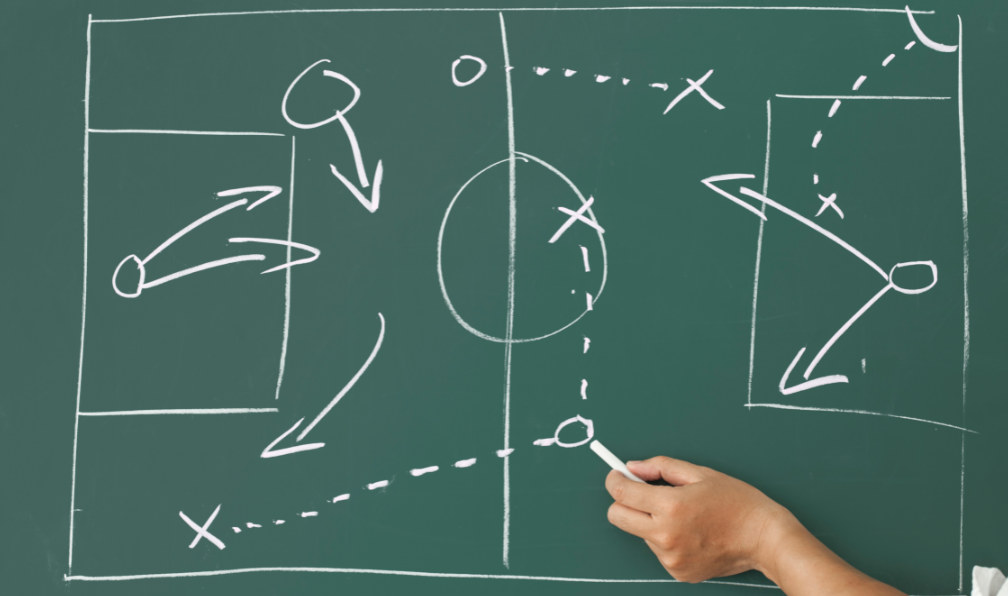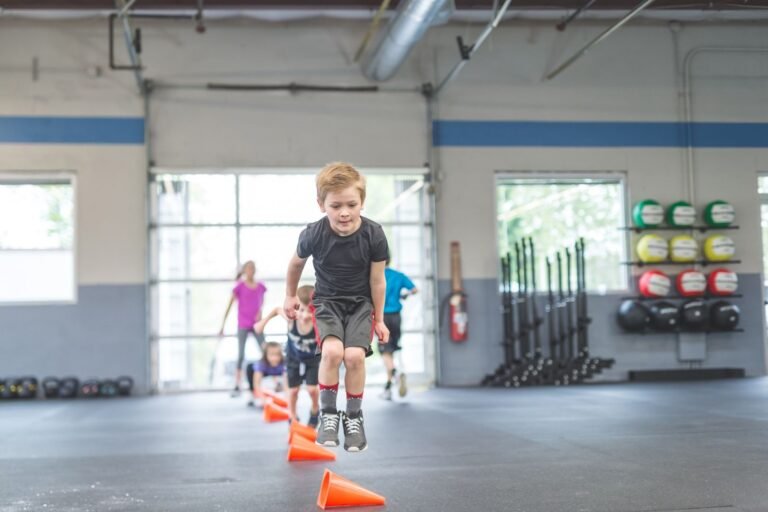Sports do more for kids and teens than just keep them fit. They also help them build leadership skills. Kids learn important skills through sports that help them do well on and off the field. This article looks at how sports can help people become better leaders.
Setting up teamwork and cooperation
Teamwork is among the most basic leadership qualities that can be picked up through sports. Athletes pick up skills in teamwork, respect of one another, and how to work as a team. These encounters help them to develop the vital ability of efficient task delegation. Team sports are based on group effort since the success of the team depends on the participation of every member.
For instance, every member of a soccer team has a particular role; hence, knowing how to cooperate toward a shared objective helps youngsters to appreciate delegation and collaboration.

Enhancing Communication Skills
Communication skills are another important leadership trait that can be improved through sports. Athletes need to be able to talk to each other clearly and successfully in order to reach a common goal. This includes giving helpful feedback and actively listening, which includes both spoken and unspoken communication. These great speaking skills are needed to lead and motivate teams in a variety of settings.
As an example, a basketball player has to discuss strategy during a game so that everyone on the team knows what to do. This helps build good leadership in any kind of group activity.

Strategic Thinking and Planning
Sports require you to think strategically and plan ahead, which are basic leadership skills. Athletes in both team and individual sports make plans to reach their goals and adapt to problems that come up out of the blue. Leaders who have to deal with tough situations and make smart choices need to be able to think quickly and plan ahead.
For example, a tennis player looks at what their opponent is doing wrong and changes how they play. This shows that they can plan and adapt, which are both very important skills for leaders.
Developing Self-Discipline and Self-Awareness
Self-discipline and self-awareness are important for both personal and professional growth. Through sports, players can determine their strengths and shortcomings, create personal goals, and put great effort toward meeting those objectives. A competent leader keeps seeking to improve knowing their limitations as well as their capabilities.
For example, gymnasts must be disciplined to get better, and self-aware to know what they should be working on. This is the self-regulation every leader must possess.

Mentorship and Peer Leadership
The three-level coaching method is a great way for athletes to learn how to be leaders. In this method, coaches help young athletes, who then teach their teammates and younger peers. The cascading coaching not only improves leadership skills but also creates a growth-oriented environment.
Young athletes can take on leadership roles, like running warm-ups or planning team events. These situations teach the youngsters how to be responsible, follow rules, and clearly communicate.
Young players help their teammates by giving them advice and support. This helps them become better leaders and builds team spirit and friendship.
By teaching and helping younger athletes, mentors grow their leadership abilities. On the other hand, the mentees gain confidence and get role models.
Practical Application of Leadership Skills
Sports are a good way to practice being a leader. Sports help young players improve their leadership skills because they have clear goals and get feedback instantly. This hands-on training is very valuable because it lets them learn from their mistakes in a safe setting.
For example, a volleyball captain who leads their team through a game learns how to deal with stress, make quick decisions, and motivate their team. They can then use these skills in future leadership roles.

The Impact of Sports on Career Success
The leadership skills learnt in sports can have a great positive impact on career success. Studies have shown that people who used to play sports are often better leaders at work. They have a better chance of moving up in their careers and becoming leaders.
The Journal of Leadership & Organizational Studies released studies that showed people who played sports in college were better at being leaders and usually had higher-level jobs in their future careers.
Encouraging Lifelong Leadership
The leadership young athletes learn through sports stays with them forever. They pick up teamwork, communication, strategic thinking, and other abilities that will benefit them in many spheres of their life – including future leadership roles. By giving young athletes opportunities to practice and sharpen their leadership abilities and by always being there for them, parents, teachers and coaches can help this development go even farther.
In conclusion
Sports are a wonderful tool for teaching youngsters leadership skills. Among the abilities that could enable the young athletes to develop into successful leaders are teamwork, communication, strategic thinking, self-discipline, and mentoring. The skills and experiences they acquire through sports, not only enable them to develop personally but also open the path for professional success.






